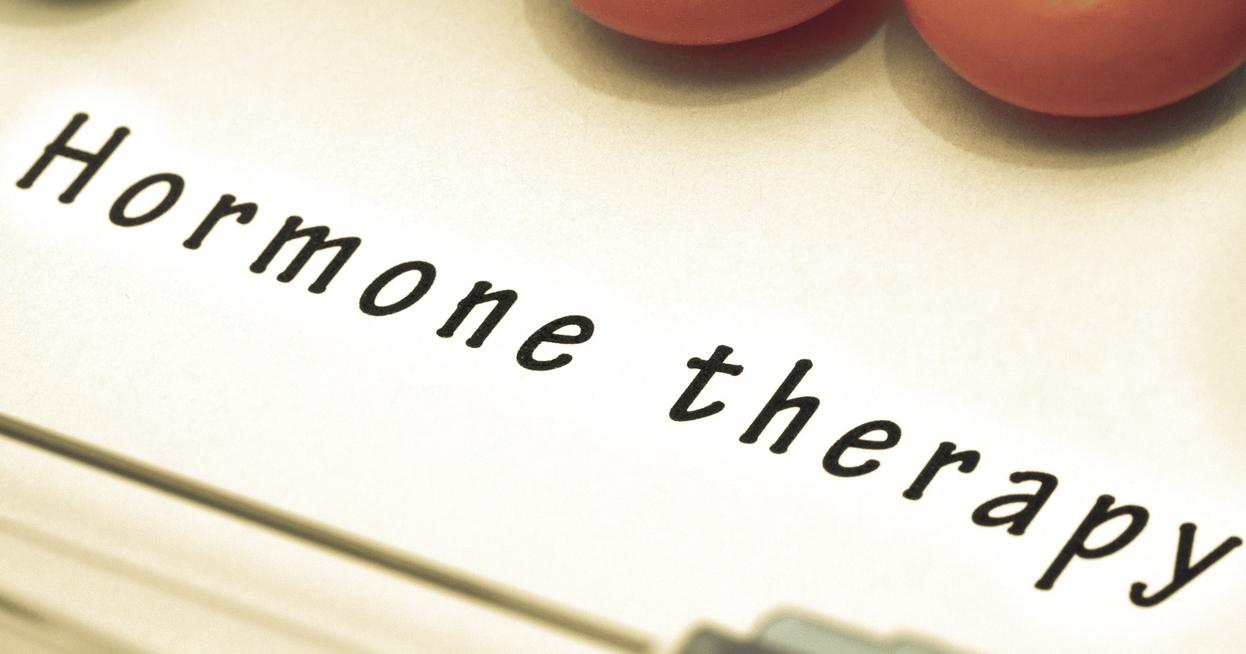Osteoporosis Tips That Could Change Your Life
Stop Excessive Alcohol Consumption

Chronic alcohol use has been linked to an increase in fractures of the hip, spine, and wrist. Drinking too much alcohol interferes with the balance of calcium in the body. It also negatively affects the production of hormones, which have a protective effect on bone and the production of vitamins, which are needed for the absorption of calcium. Excessive alcohol consumption also can lead to more falls and related fractures.
Along with the decrease in helpful hormones, there is also an increase in two that can potentially damage bone. Higher levels of cortisol and parathyroid hormone are seen in individuals with alcoholism. Cortisol can slow the formation of new bone and increase the breakdown of bone. Parathyroid hormone is also increased by the heavy consumption of alcohol and can reduce the amount of calcium in the bone.
Hormone-Related Therapy

Women experience a significant drop-off in estrogen at the time of menopause. Because estrogen helps protect bones, loss of estrogen increases a woman's risk of developing osteoporosis. Estrogen replacement therapy or hormone-related therapy may be prescribed to minimize the risk of osteoporosis-related fractures. The down-side of these therapies is they may increase the risk of cancer, heart disease, blood clots, and strokes. Other medications will likely be tried before using hormonal therapy, and the dosage will be strictly controlled.
Men do not have a sudden drop in sex hormone levels, but around the ages of sixty-five to seventy years old, many men develop osteoporosis. Gradual drop-off of testosterone levels can affect bone density, along with excessive smoking or alcohol consumption. Chronic diseases that affect the lungs, stomach, intestines, or kidneys can cause hormonal imbalances, as well as the use of glucocorticoid medications. Treatments may include an FDA-approved medication, a program of healthy diet and exercise, calcium and vitamin D supplementation, and regular monitoring of testosterone and bone density.
